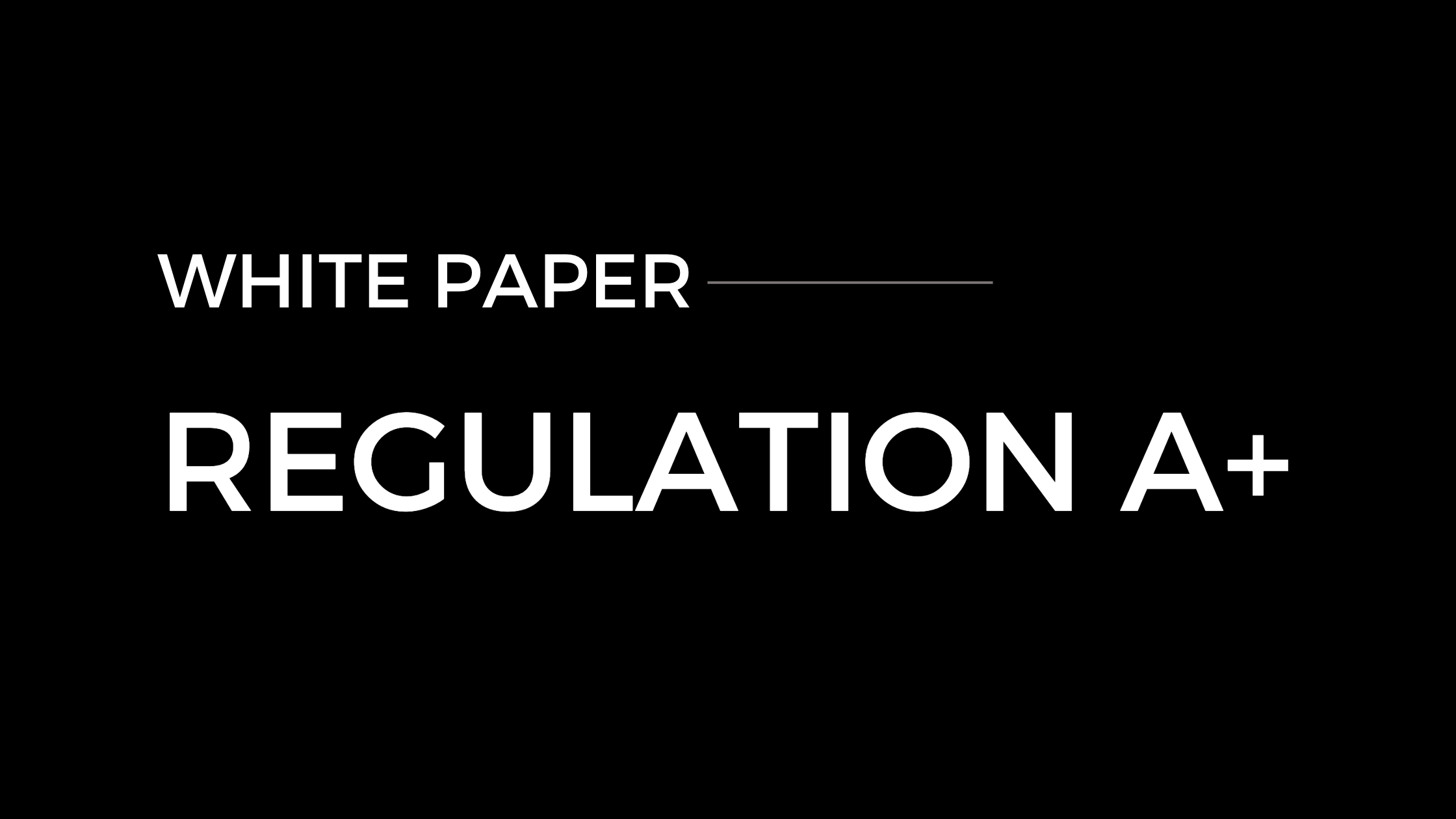A business client of ours contacted our office for assistance with a collections action commenced by a creditor. The creditor issued a line of credit to our client’s company, for which he signed as an Authorized Corporate Representative. However, the creditor attempted to collect against both our client’s company and our client, individually.
The creditor argued that the language on the bottom on the line of credit identified that when he signed the document, even on behalf of the company, he was providing a personal guaranty.
We argued that our client executed the line of credit agreement on behalf of the company in his corporate representative capacity, not in his individual capacity. Therefore, no personal liability can be imposed on an authorized corporate representative executing a document on behalf of the corporation, regardless of the boilerplate language above the signature line, unless the corporate representative provides some kind of personal guaranty.
A personal guaranty can come in various forms, such as executing a guaranty agreement or providing personal guarantees in your individual capacity. See Robert C. Malt & Co. v. Carpet World Distribs., Inc., 763 So.2d 508 (Fla. 4th DCA 2000). Absent such personal guarantees, no personal liability can be imposed on a corporate representative operating under his or her corporate capacity. This means that the company is liable for the debt, not the individual.
The mere signing of an agreement as a corporate officer does not impose personal liability. BugWare, Inc. v. Williams, 188 So.3d 49 (Fla. 1st DCA 2016) (citing Delta Air Lines, Inc., v. Wilson, 210 So.2d 761, 763 (Fla. 3rd DCA 1968).
A word of caution: it is good business practice to train your company representatives to properly execute documents on behalf of the company and the possible liability that exists when such procedures are not carefully implemented.
Image source: icsuk.com




